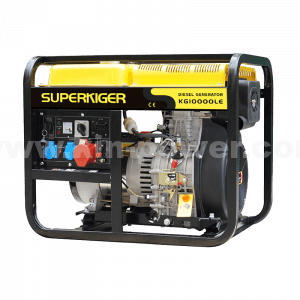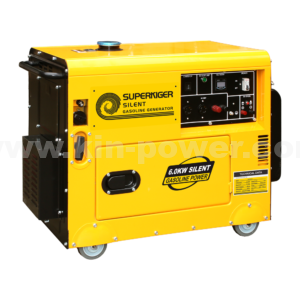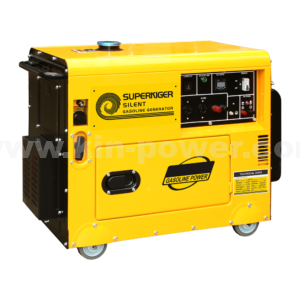Gasoline water pumps are a cost-effective and convenient alternative to electric models. These water pumps are powered by generating sets, typically small four-stroke gasoline engines. Gasoline water pumps provide power for a variety of agricultural, construction and recreational activities.
Application of gasoline water pump
Gasoline water pumps are widely used in a variety of applications, including agriculture, such as crop irrigation; construction, such as drainage, ditching and well drilling; and recreation, such as fishing and boating. Gasoline water pumps are often used in situations where electricity is not available, such as remote job sites. Some gasoline pumps, known as diaphragm pumps, can even handle the transfer of liquids containing larger particles and can also help filter out sediment and other debris.
When shopping for gasoline water pumps, there are several important factors to consider. First and foremost, it is important to consider a pump’s flow rate. This is an indication of the amount of liquid a pump is capable of handling. A good rule of thumb is to choose a pump that has a flow rate capable of producing the required impulse (pressure per unit of time).
It is also important to consider the size of the pump. This is determined by the distance the fluid must travel and the space available for the pump. Some pumps may require mounting brackets to support their size and weight, while other models can be wall-mounted or fit into tight spaces.
Once these details are determined, it is also important to consider the pump’s power requirements, which are typically expressed in horsepower (HP). Most models of gasoline water pumps use a four-stroke, small-displacement gasoline engine, and these engines generally range from 5.5 to 15 HP. For those looking to power their pump with an electric motor, it is important to consider the voltage and amperage of the motor.
In addition to the power and size of the pump, it is important to consider the durability of the model. It is best to choose a pump with a durable construction, made of corrosion-resistant material with a waterproof seal that can withstand the elements. In addition, modern gasoline pumps often come equipped with a variety of features, such as overload protection and temperature sensors, which can help maximize the life and performance of the pump.
Gasoline water pumps are a great, cost-effective alternative to electric models. By considering a pump’s flow rate, size, power requirements and longevity, anyone can find the perfect gasoline water pump for their needs and budget.




